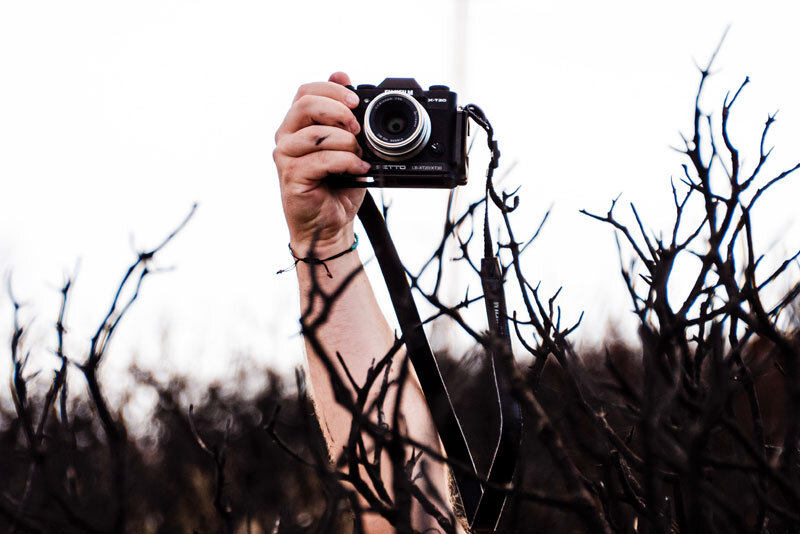Ethical photography

Learning outcomes
We are used to seeing photography as a form of contemplation or a leisure activity, yet as an art form, it is an active one. And any activity brings with it, to a greater or lesser extent, a transformation of its surroundings. Art in general, and photography in particular – despite having been used and instrumentalized on infinite occasions by those who hold power – is not an obsequious transmitter of information: on the contrary, it can be a very powerful tool of freedom of expression. This module will provide a broad overview, with the aim of making you aware of how you can use the camera as a tool for social transformation, and the reasons behind doing so.
With the collaboration of:

Knowledge
- Acquire knowledge of the power of photography as a creative and transformative tool.
- Understand art as a means of expression for personal development.
Skills
- Develop a critical perspective, with the aim of raising awareness, fomenting reflection and promoting change in society.
- Use photography to take action and instigate a change in people’s behaviour.
Attitudes
- Participate actively, contributing to public involvement in and political advocacy for grassroots social change.
- Work on ethical criteria. Analyze and evaluate the limits of fhotography on the ground.
Ethical photojournalism: how can we photograph violence?
We need to raise our own awareness, view ourselves objectively, and understand the position we occupy in the world. Where were we born? What does it mean to be a woman, or to be a man? What are the privileges that shape me as a person and structure my day-to-day life? Class, gender and background. With this journey as our starting point we can consciously position ourselves in the world and we will be able to photograph the events that we wish to report on from a position of empathy and respect.
